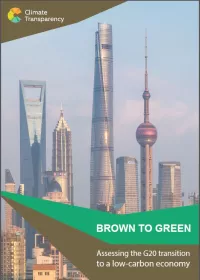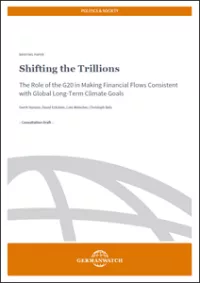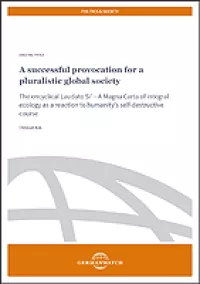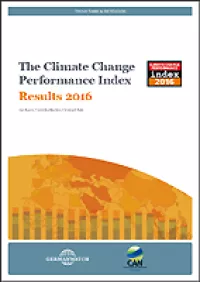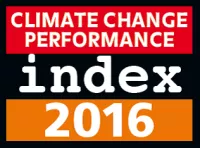
Africa is the continent that was hit hardest by extreme weather events in 2015. According to the 12th edition of the Global Climate Risk Index, four out of the ten most impacted countries globally are African: Mozambique (Rank 1), Malawi (Rank 3), Ghana and Madagascar (both Rank 8). "Especially flooding affected the hosting continent of this year's climate summit", says Germanwatch's Sönke Kreft, main author of the Index. Heat waves claimed most lives last year. More than 4,300 deaths in India and more than 3,300 deaths in France show that both developing and developed countries are impacted by extraordinary temperatures. Kreft: "Increases in heavy precipitation, flooding and heatwaves are to be expected in a warming world."

